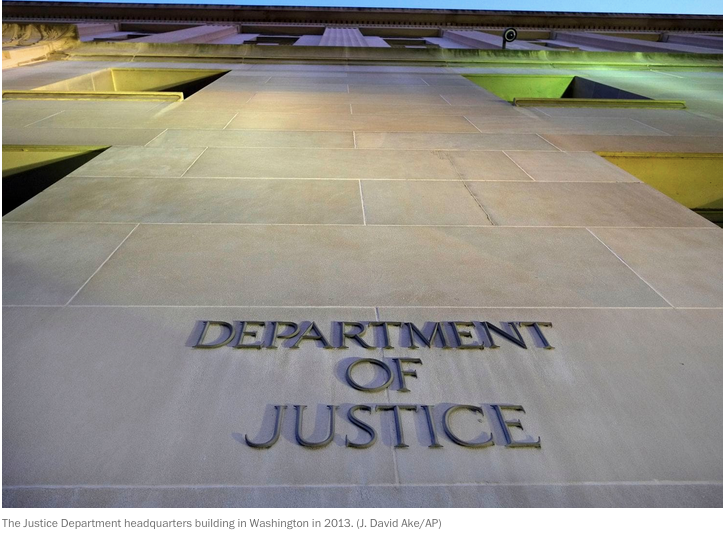For example, when Trump issued the initial travel-ban executive order early in his presidency, he first alleged the relevant condition: that permitting “immigrant and nonimmigrant entry into the United States” of any non-U.S. citizen from any of the seven designated nations “would be detrimental to the interests of the United States.” Then, having made these allegations about the state of the world, he announced the action he was going to take in light of that condition: banning entry into the United States of all of these people.
When OLC approves orders such as the travel ban, it goes over the list of planned presidential actions with a fine-toothed comb, making sure that not a hair is out of line. It is this work that gives OLC its reputation as home to some of the federal government’s finest attorneys. But when it comes to the president’s findings about the state of the world, OLC generally defers to the president.
This deference, which is baked into OLC’s culture, proceeds from the assumption that the president is acting consistent with Article II of the Constitution and with his oath of office, both of which require that he “faithfully” execute the laws. That means he has a constitutional duty to act honestly and in the public interest. OLC’s deference is also born of a recognition that its lawyers are not equipped to be sophisticated fact-finders.




